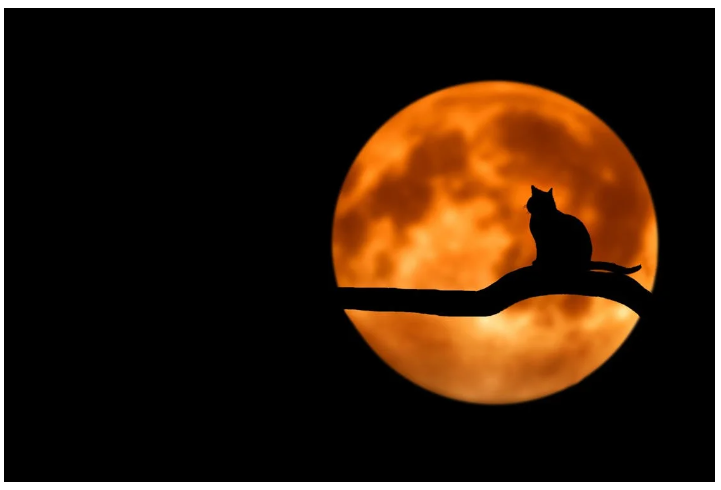Friday the 13th has long been viewed as a day of bad luck in Western culture, with many people avoiding major activities for fear of misfortune. The superstition is thought to stem from the combination of two unlucky elements: Fridays and the number 13. While the exact origins are unclear, religious traditions, cultural myths, and media have helped perpetuate the fear surrounding this date.
The association of the number 13 with bad luck can be traced back to Christian tradition, particularly the story of the Last Supper. Judas Iscariot, who betrayed Jesus, was the 13th person at the table, and Jesus was crucified on a Friday.
Beyond Christianity, other myths also contribute to this superstition. In Norse mythology, Loki, the trickster god, was the 13th guest at a banquet where the beloved god Balder was killed, spreading sorrow among the gods. This story is one of the early roots of the idea that 13 is unlucky.
These superstitions have evolved into what is now known as paraskevidekatriaphobia—fear of Friday the 13th. The notion of bad luck on this day has been reinforced by popular media, most notably the Friday the 13th horror movie franchise.
Interestingly, the superstition varies by culture. In countries like Greece and Spain, Tuesday the 13th is considered unlucky instead.
Despite its long history, the fear surrounding Friday the 13th seems to be fading. While Friday the 13th continues to evoke caution in some, modern attitudes are beginning to challenge its long-standing reputation as an unlucky day. For many, it’s becoming just another date on the calendar.










